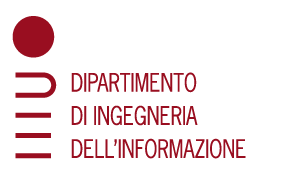Smart Buildings
Submitted by zennaro2 on
Buildings today are complex concatenations of structures, systems and technology. Each of the components inside a building has been developed and improved, allowing to select lighting, security, heating, ventilation and air conditioning systems independently. Smart buildings use information technology during operation to connect such subsystems, so that they can share information to optimize total building performance. Modern buildings also contain complex mechanical devices, sophisticated control systems and a suite of features to improve the safety, comfort and productivity of occupants.






